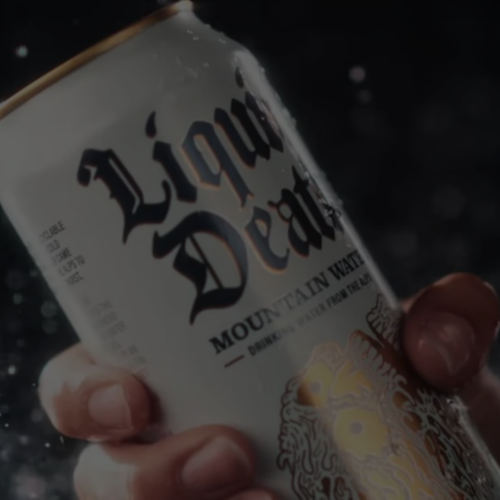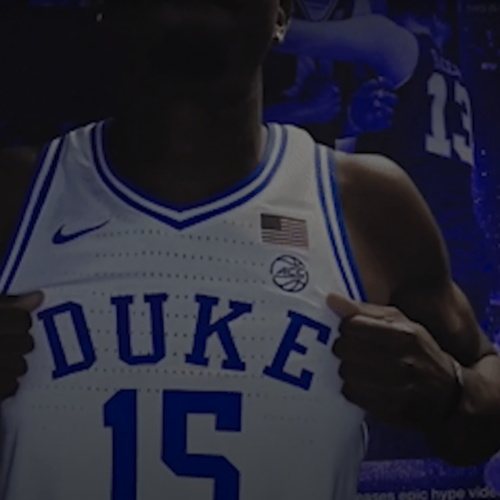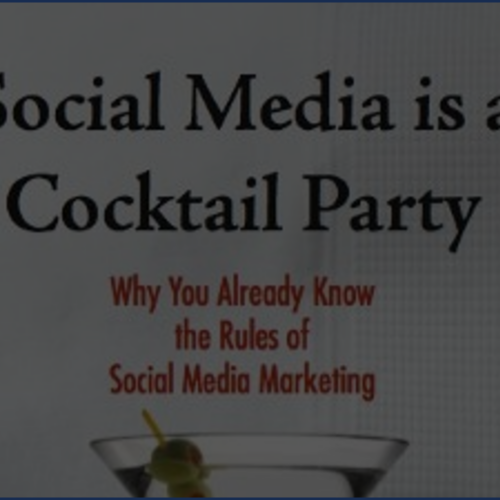24 Feb Pinterest’s Copyright Problem and How it May Hurt Brands
Are you a brand that values and protects the copyright you hold on your photos? Pin them to Pinterest, the hot social network of the moment, and you’ve just given them your copyright.
Is this a problem for brands and if so, how different is it from what you give up when you give Facebook a photo? What about photos on Google+?
First, let’s look at Pinterest
According to Pinterest’s own terms of service (emphasis added):
By making available any Member Content through the Site, Application or Services, you hereby grant to Cold Brew Labs a worldwide, irrevocable, perpetual, non-exclusive, transferable, royalty-free license, with the right to sublicense, to use, copy, adapt, modify, distribute, license, sell, transfer, publicly display, publicly perform, transmit, stream, broadcast, access, view, and otherwise exploit such Member Content only on, through or by means of the Site, Application or Services. Cold Brew Labs does not claim any ownership rights in any such Member Content and nothing in these Terms will be deemed to restrict any rights that you may have to use and exploit any such Member Content.
Facebook’s Terms Around Your Photos
Facebook handles photo rights differently in important ways that are much better (in my non-legally trained view) than what Pinterest says. According to Facebook’s Terms of Service (emphasis added):
For content that is covered by intellectual property rights, like photos and videos (IP content), you specifically give us the following permission, subject to your privacy and application settings: you grant us a non-exclusive, transferable, sub-licensable, royalty-free, worldwide license to use any IP content that you post on or in connection with Facebook (IP License). This IP License ends when you delete your IP content or your account unless your content has been shared with others, and they have not deleted it.
As this very good article on the subject points out, Facebook needs this license to show your pictures to others. But it makes no claim to be able to sell or adapt your content, as Pinterest does and the license expressly ends when the content is deleted, unless others have shared it and have not deleted it.
How Google+ Handles Your Photos
Google has been hammered in recent months for seeming to break their “Don’t Be Evil” motto over and over again. Perhaps that’s why the way they handle photos on Google+ is changing March 1 with their new privacy policies. To my untrained eye, however, Google has done a pretty good job of writing terms that they need (to allow them to show your pictures to others) without going overboard. Here’s what their new terms say (emphasis added):
When you upload or otherwise submit content to our Services, you give Google (and those we work with) a worldwide license to use, host, store, reproduce, modify, create derivative works (such as those resulting from translations, adaptations or other changes we make so that your content works better with our Services), communicate, publish, publicly perform, publicly display and distribute such content. The rights you grant in this license are for the limited purpose of operating, promoting, and improving our Services, and to develop new ones. This license continues even if you stop using our Services (for example, for a business listing you have added to Google Maps). Some Services may offer you ways to access and remove content that has been provided to that Service. Also, in some of our Services, there are terms or settings that narrow the scope of our use of the content submitted in those Services. Make sure you have the necessary rights to grant us this license for any content that you submit to our Services.
It seems like the ability to get your IP back that you have (in a limited way at least) from Facebook doesn’t exist in Google, although they hint that it might be allowed for some of their services. But they make it clear that their rights are limited to making Google products work.
The Risk of Rushing Toward The Shiny Social Object
 I’ve been amazed in the last year how brands race each other to be on the hot new social network. Never mind whether you can find a business objective, certain brands jump on every new social platform. Do they stop to read the terms of service, or just race to be first?
I’ve been amazed in the last year how brands race each other to be on the hot new social network. Never mind whether you can find a business objective, certain brands jump on every new social platform. Do they stop to read the terms of service, or just race to be first?
And don’t back out if you changed your mind. The rights you gave to Pinterest are irrevocable, according to their terms.
This is not to say that Pinterest hasn’t already shown value for certain brands. The referral traffic for certain types of sites is very impressive. But brands should always check to see if they’re giving anything up to participate on a site and if the expected return is worth it. Many sites with “Pin It” buttons on them have already decided that the value of the traffic exceeds the small potential risk that Pinterest will start re-selling your photos. (Do keep in mind, however, that Pinterest already started reselling your links, a practice they abandoned after public outcry.)
Pinterest is Adapting
Everyone is calling Pinterest a “new” social media site. Not quite true. It got angel funding in January 2010 and has been in my news feed from some early adopter friends for well over a year. But the uptick in recent months has indeed been stunning.
No doubt, they are a relatively young site, adapting to being suddenly in the public eye in a massive way. Pinterest, to their credit, is trying to deal with this issue on their blog. But to date, the policy is the same, including their rights to sell your images.
As a brand marketer, this issue doesn’t make me panic and abandon Pinterest by any means. But for brands that like to (a) comply with all terms of the sites they are on (pinning itself may violate rules) and (b) like to protect their copyrighted images carefully, this issue does merit at least some consideration.






